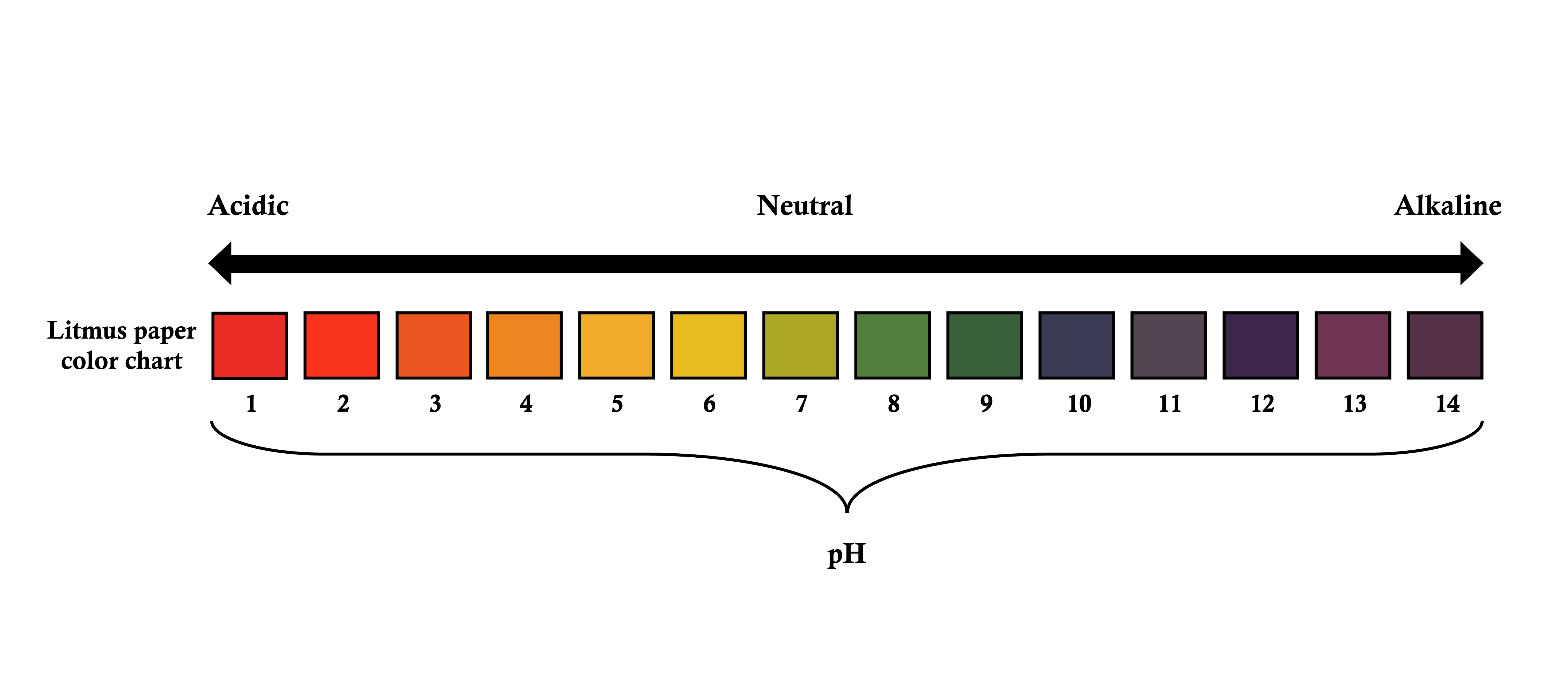If you live in Texas, it isn’t a shock that you spend time in a swimming pool several days per week. I think, if we could, most of us would work from the pool during these steamy summer months. But, did you know if you spend 6 or more hours per week in a swimming pool, the chlorine could be damaging your teeth?
Chlorine in Backyard Pools
As the summer heats up, backyard pools are a go-to destination. However, self-maintained, residential pools pose prominent risks of tooth damage. Professional pool care can be expensive, so many pool owners prefer to care for their own backyard pool. If maintained correctly, the pool water poses little threat. But, if neglected, high levels of chlorine can become hazardous to your teeth. “‘Improperly maintained pool chlorination in swimming pools can cause rapid and excessive erosion of dental enamel,’ warned Jahangiri, a clinical associate professor and the Chair of NYUCD’s Department of Prosthodontics.” As your enamel wears down, the edges of your teeth will appear transparent. Further erosion could induce dental sensitivity to hot or cold foods.

Safe pool pH levels should fall between 7.2 and 7.8. Higher pH levels break down the proteins in saliva producing a brownish staining on the enamel of teeth. If you self-maintain your pool, you should measure the chlorine and pH levels at least once a week. If you encounter a pH below 7, take the time to correct the problem before letting anyone use the pool!
Public Pools
As you set off on vacation, don’t forget to think about your teeth before you cannonball into the lazy river. Most public pools test the chlorine and pH levels daily, but you should always peek around before you dive in. Take a look at the metal railings and ladders: these surfaces are an indicator of the pH level. Erosion is a good sign that the water is, or has been, too acidic. Remember, if the water is eroding the metal, it can cause similar damage to your teeth! Protect your enamel by spending less time in a pool that has erosion damage, or skip it altogether and opt for a freshwater option.

Tap Water
Thinking about the pool begs the question, “if the pool water is unsafe, what about the tap water I drink?” The good news is that the chlorine in the tap water you drink is usually not prevalent enough to cause harm to your enamel. If you are worried, invest in a water filter that will purify the water you drink. You should keep track of the health of your teeth, and inform your dentist if you think your drinking water is causing a problem.
If you do spend ample amounts of time in the pool, make sure that you swim with your mouth closed as much as possible. Remind your children and young swimmers to do the same. After swimming, it is a good habit to brush your teeth with a soft-bristled toothbrush to remove any lingering chlorine. More frequent dental visits during peak swimming months can also help prevent any chlorine damage to your enamel. If you have been in the pool a lot this summer, it may be a good time to schedule a cleaning. Call Greenspoint Dental, and we’ll make sure that your teeth are in great shape!

